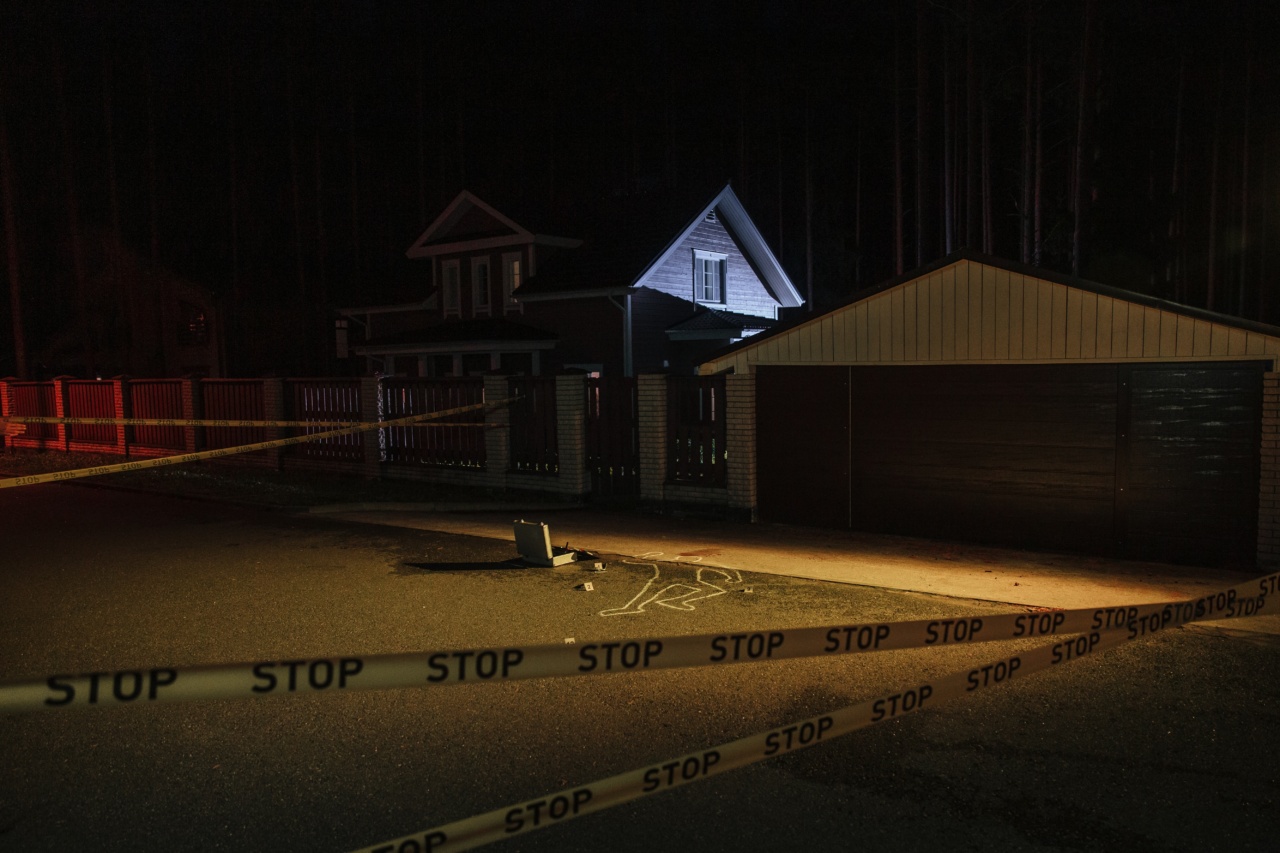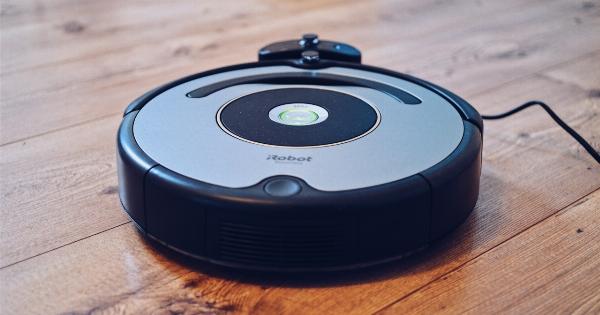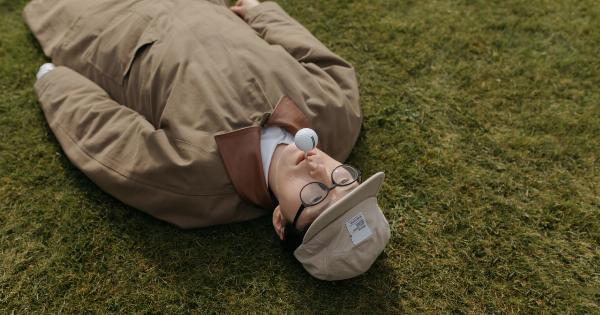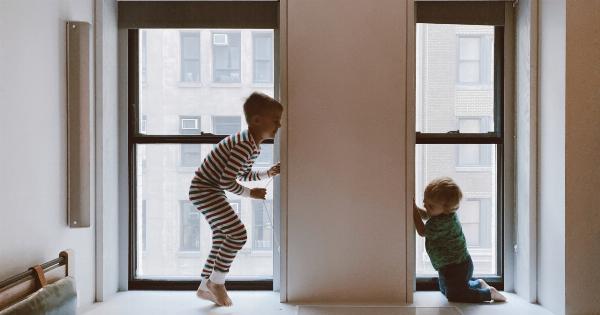Bringing home a new puppy is an exciting time, but it can also be a challenging one. One of the most common issues new puppy owners face is dealing with their pet’s crying at night.
Puppies cry for a variety of reasons, including separation anxiety, fear, and boredom. To help you get a good night’s sleep and stop your puppy from crying, we’ve put together 30 tips below:.
Understanding Why Your Puppy is Crying
Before you can address the issue of your puppy crying, it’s essential to understand why they’re doing it. Some common reasons include:.
1. Separation Anxiety
Puppies crave comfort and security, and being separated from their owner or littermates can cause them to cry. Separation anxiety is a common issue in puppies and can manifest as barking, whining, or destructive behavior.
2. Fear
Puppies may become scared or anxious in their new environment. New sounds, smells, and sights can all be overwhelming, causing your puppy to cry out of fear.
3. Needing to Go Potty
If your puppy is crying at night, it could be due to a need to go potty. Young puppies have small bladders and may need to go out frequently.
4. Hunger
Like all animals, puppies need to eat, and if they’re hungry, they may cry out for food.
5. Boredom
Puppies need plenty of stimulation and exercise to be happy. If they’re not getting enough playtime during the day, they may cry at night out of boredom.
Tips for Stopping Your Puppy from Crying at Night
Now that you have a better understanding of why your puppy is crying, let’s look at some practical tips for getting them to stop:.
1. Use a Crate
A crate provides a safe and comfortable space for your puppy and can help prevent accidents in the house. Dogs are den animals, and a crate can provide them with a sense of security.
2. Make the Crate Comfortable
To entice your puppy to spend time in their crate, make it as comfortable as possible. Add a soft blanket, a favorite toy, and a treat puzzle to keep your puppy entertained.
3. Start Slowly
Introduce the crate to your puppy slowly. Start by placing a treat or toy inside and letting them explore on their terms.
4. Be Consistent
Use the crate every night, so your puppy gets used to the routine. Consistency is key, and if you stick to a routine, your puppy will learn to settle in their crate more quickly.
5. Keep it Positive
Make the crate a positive experience. Never use it as a punishment, and reward your puppy when they enter the crate voluntarily.
6. Tire Out Your Puppy
Provide plenty of exercise and stimulation during the day. A tired puppy is more likely to sleep soundly at night.
7. Stick to a Schedule
Stick to a regular feeding and exercise schedule. Puppies thrive on routine and predictability.
8. Use a Comforting Object
Place a familiar object, like a blanket or stuffed animal, in your puppy’s crate. The familiar smell can help calm them down.
9. Respond Appropriately
If your puppy cries in the middle of the night, respond appropriately. If they need to go potty, take them out quickly and quietly, then return them to their crate.
Avoid engaging in play or interaction with your puppy as this will reinforce the crying behavior. Keep the interaction minimal and calm.
10. Don’t Punish Your Puppy
Never punish your puppy for crying. Punishment can make the crying worse and cause your puppy to feel afraid and anxious.
11. Use White Noise
Try playing white noise or calming music to help your puppy relax. This can help mask outside noises and soothe them to sleep.
12. Keep Your Puppy Close
For the first few nights, keep your puppy’s crate close to your bed. Being near you may help them feel more secure.
13. Use a Heartbeat Toy
Look for a plush toy that replicates the sound of a heartbeat. This can help your puppy feel like they’re not alone at night.
14. Use Treats Wisely
Use treats sparingly, but when you do, make sure they’re high-quality and nutritious. Treats can help reinforce positive behavior.
15. Consider a Snuggle Puppy
A snuggle puppy is a plush toy that has a battery-operated heartbeat and a heating pad inside. This can be a comforting option for your puppy.
16. Block Out Light
Use blackout curtains or blinds to block out light and create a dark, comfortable environment for your puppy to sleep in.
17. Don’t Let Your Puppy Nap Too Much
Limit daytime naps to prevent your puppy from being too awake at night. Puppies need sleep, but too much daytime napping can make them restless at night.
18. Use Scent Repellents
Use scent repellents to keep your puppy away from areas of the house where they’re not allowed. Essential oils like eucalyptus, citronella, and lavender can be effective.
19. Use a Treat Puzzle
A treat puzzle can keep your puppy entertained and mentally stimulated while they’re in their crate at night.
20. Ignore Whining Behaviors
If your puppy is whining for no apparent reason, ignore the behavior. Rewarding the crying behavior with attention will only make it worse.
21. Keep Your Puppy’s Bedding Clean
Make sure your puppy’s bedding is clean and fresh. Dirty bedding can be uncomfortable and uninviting for your puppy.
22. Provide Plenty of Water
Make sure your puppy has plenty of water during the day but limit water intake for a couple of hours before bedtime. This can help reduce nighttime accidents.
23. Use a Comfortable Collar
Make sure your puppy’s collar is comfortable and well-fitted. An ill-fitting collar can cause discomfort and anxiety.
24. Use a Comfortable Leash
When taking your puppy out for a potty break, use a comfortable leash. A rough or uncomfortable leash can cause your puppy to feel anxious and upset.
25. Give Your Puppy Plenty of Attention
Be sure to give your puppy plenty of love and attention during the day. A well-loved puppy is less likely to cry at night.
26. Avoid Surprises
Avoid doing anything unexpected or out of routine. This can cause anxiety and confusion for your puppy.
27. Use Natural Remedies
Natural remedies like lavender oil, chamomile tea, and valerian root can help promote calm and relaxation in your puppy.
28. Attend Obedience Training
Enroll your puppy in obedience training to help them learn proper behavior and gain confidence.
29. Consider Supplements
Natural supplements like melatonin, L-theanine, and CBD oil can help promote relaxation and calmness in your puppy.
30. Consult Your Veterinarian
If your puppy’s crying persists or becomes excessive, consult your veterinarian. They may be able to recommend medication or behavior modification techniques.































